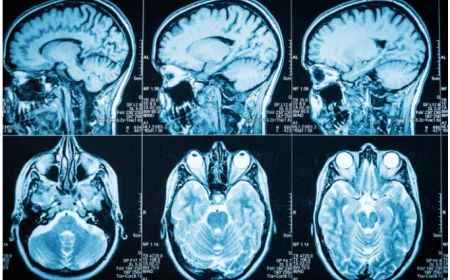“The Rise of AI Assistants in Everyday Life: Benefits, Challenges, and What’s Next”
AI-powered assistants have transformed from futuristic concepts into everyday tools that enhance convenience, productivity, and accessibility. From managing tasks to supporting people with disabilities, these technologies are reshaping how we live and work.

AI-powered assistants have evolved over the last ten years from sci-fi ideas to useful technologies incorporated into our everyday lives. Digital assistants like Siri, Alexa, and Google Assistant, as well as more lately, sophisticated chatbots, are revolutionizing our interactions with technology, from smartphones to smart homes. Their influence on communication, work, and lifestyle changes along with their capacities.

Convenience and Productivity
Convenience is one of the main benefits of AI helpers. These technologies save time and lessen multitasking fatigue, whether you're using them to make reminders, respond to inquiries, operate smart home appliances, or dictate texts while driving. Additionally, they increase productivity—virtual assistants can now plan meetings, summarize emails, and even aid with content creation. Businesses gain as well since AI chatbots answer customer support questions 24/7, increasing productivity and cutting expenses.
Accessibility and Inclusion
In addition to being convenient, AI helpers are democratizing technology. Individuals with impairments can navigate gadgets with the aid of voice-activated tools, which eliminate the need for a keyboard or touchscreen. Workplace, educational, and travel communication obstacles are being broken down by real-time language translation and transcribing tools.

Privacy and Accuracy Concerns
These tools present significant issues despite their value. Privacy continues to be the first priority. Given that the gadgets are constantly listening for a wake word, many users are concerned about the data that these assistants gather. The accuracy of AI assistants is another problem; they may misinterpret instructions or give inaccurate or biased information. Giving the wrong answer could have serious repercussions in situations that are crucial, like financial or medical inquiries.
The Risk of Over-Reliance
Over-reliance is another pressing issue. There is a chance that individuals will become less independent or lose their ability to think critically as they rely increasingly on AI to make decisions. As the technology advances, it will be critical to strike a balance between autonomy and support. It is anticipated that AI assistants will become more integrated and personalized in the future.
The context, preferences, and tone of users will be better understood by these technologies thanks to developments in machine learning and natural language processing. Instead of only obeying orders, AI assistants may soon behave more like virtual friends and provide proactive assistance.
Building ethical and Trustworthy Systems
The main obstacle will be creating systems that are not only intelligent but also ethical, transparent, and safe. In order to make sure AI enhances rather than replaces the human experience, its developers and users must collaborate as the technology continues to permeate everyday life.

















































